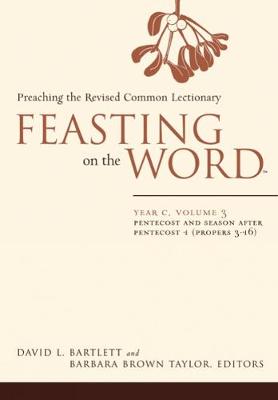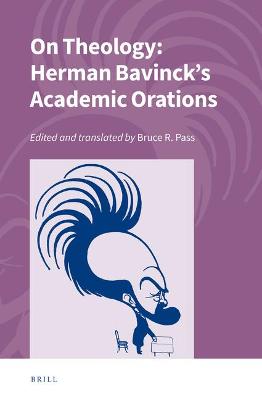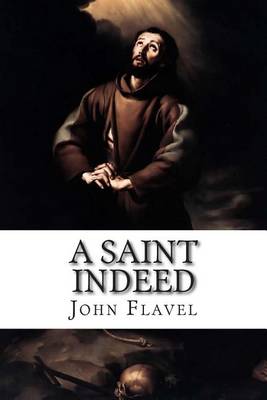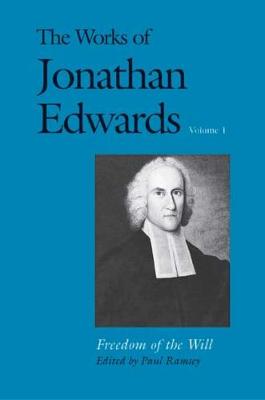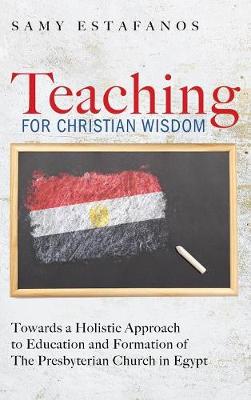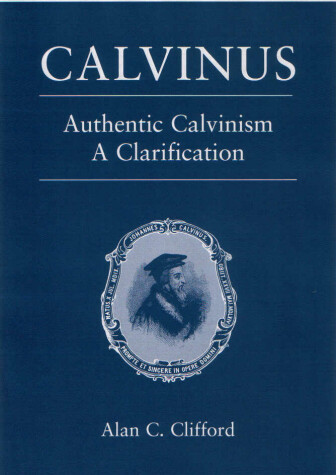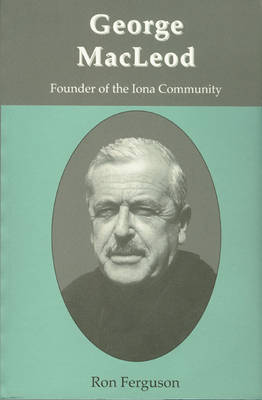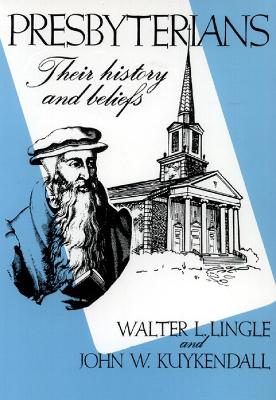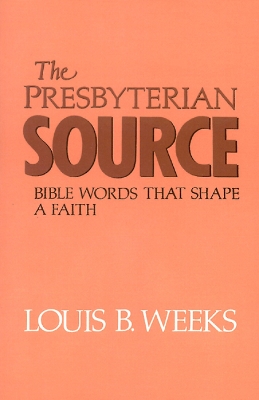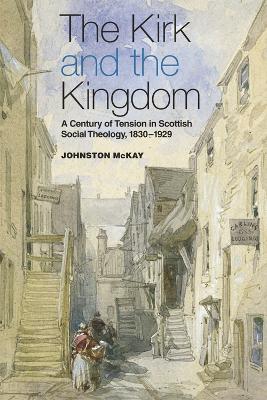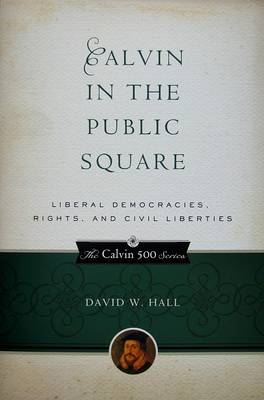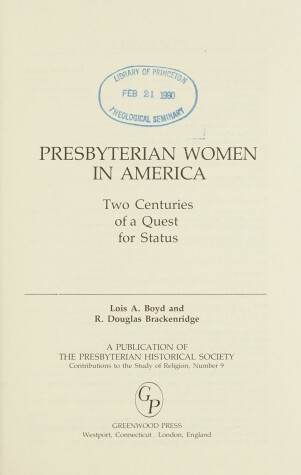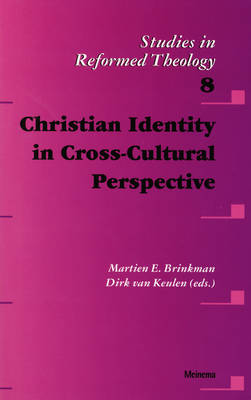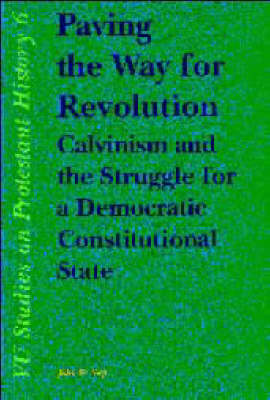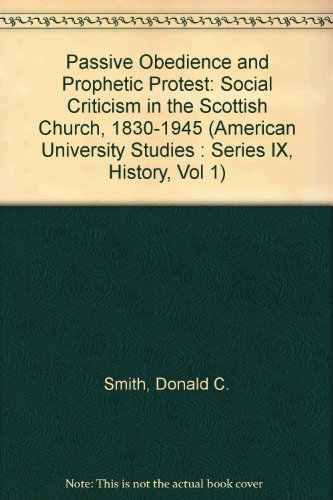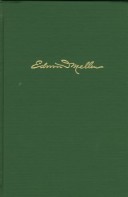With this new lectionary commentary series, Westminster John Knox offers the most extensive resource for preaching on the market today. When complete, the twelve volumes of the series will cover all the Sundays in the three-year lectionary cycle, along with movable occasions, such as Christmas Day, Epiphany, Holy Week, and All Saints' Day. For each lectionary text, preachers will find four brief essays--one each on the theological, pastoral, exegetical, and homiletical challenges of the text. T...
On Theology: Herman Bavinck's Academic Orations
On Theology: Herman Bavinck's Academic Orations presents four previously untranslated works by Herman Bavinck (1854-1921). These works offer important insights into Bavinck's conceptualisation of the discipline of theology, its place in the modern university, and the relation in which theology stands to religion. In the introductory essay, Bruce R. Pass draws attention to the way these speeches shed light on the development of Bavinck's thought across his tenure at the Kampen Theological School...
The Works of Jonathan Edwards, Vol. 1 (The Works of Jonathan Edwards)
by Jonathan Edwards and Paul Ramsey
This inaugural volume in The Works of Jonathan Edwards is his major contribution to theology and stands as a leading document on Calvinist thought. Mr. Ramsey's introduction provides a fresh analysis of Edwards' theological position, includes a study of his life and the intellectual issues in the America of his time, and examines the problem of free will in the philosophical context of today and in connection with Leibniz, Locke, and Hume.
George Macleod was the founder of the Iona Community, a world-famous group based in the ancient Benedictine monastery off the west coast of Scotland. Ron Ferguson has had access to previously unseen family archives and diaries of World War I, and over the years has worked closely with George MacLeod. He is a former leader of the Iona Community and is author of its history, "Chasing the Wild Goose".
This highly popular account of the chief events and doctrines of the Presbyterian Church continues to have great appeal to laypersons, ministers, students--in fact, anyone who is interested in the development of this major body of Christians. Clearly written, Presbyterians: Their History and Beliefs gives new understanding and appreciation of the Presbyterian Church and its place in the family of God.
Using twelve biblical passages, Louis B. Weeks helps adult study groups, Bible study groups, and individuals study the Bible as they reflect on who they are as Presbyterians. He explores the Presbyterian tradition, which has used the Bible as a guide, remaining faithful to both the Old and New Testaments.
What did the Church ever do for us? Johnston McKay unearths a practical social theology of the church in Scotland in the century from 1820. It has been widely believed that the church was largely mute on the widespread poverty and deprivation which accompanied the rapid expanse of urban life. This study asserts that the church was not lacking in commitment to improving such conditions, through the example of theologians Robert Flint and the parish minister Frederick Lockhart Robertson. Flint's p...
Presbyterian Women in America (Contributions to the Study of Religion, #22)
by Lois A. Boyd and R Douglas Brackenridge
This second edition of Boyd and Brackenridge's acclaimed history of Presbyterian women in America traces women's affiliation with Presbyterianism for more than two centuries-from 1789 to the present. In the first century after the establishment of the General Assembly, churchmen expected females to be silent, subordinate, and submissive in the church; ordination was forbidden. However, women in the 19th century organized into local groups devoted to mission and Christian education projects. This...
Christian Identity in Cross-Cultural Perspective (Studies in Reformed Theology, #8)
by Martien Brinkman
Paving the Way for Revolution (V U studies on Protestant history, #6)
by J.W. Sap
George Whitefield and Welsh Calvinistic Methodism (Welsh Studies S., v. 12)
by George E. Clarkson
